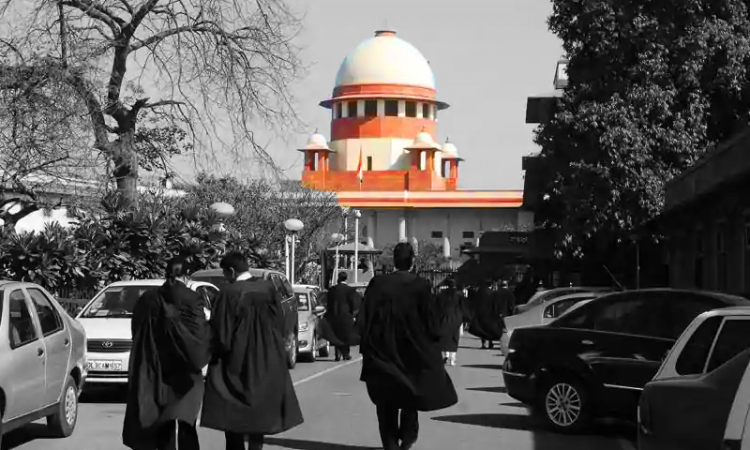The Supreme Court, on Friday, passed directions in pleas seeking modifications in the guidelines regulating the conferment of designation of Senior Advocates as laid down in its 2017 judgment (Indira Jaising v. Supreme Court of India).A Bench comprising Justice Sanjay Kishan Kaul, Justice Ahsanuddhin Amanullah and Justice Aravind Kumar directed that the method of "secret voting" by the full...

